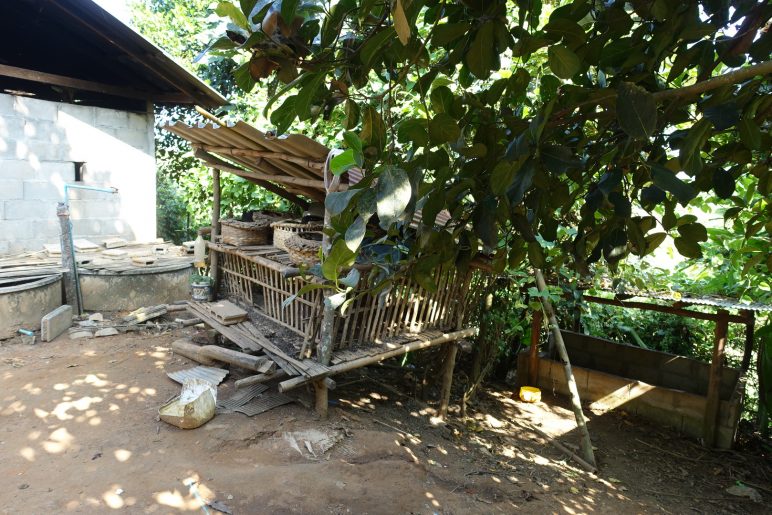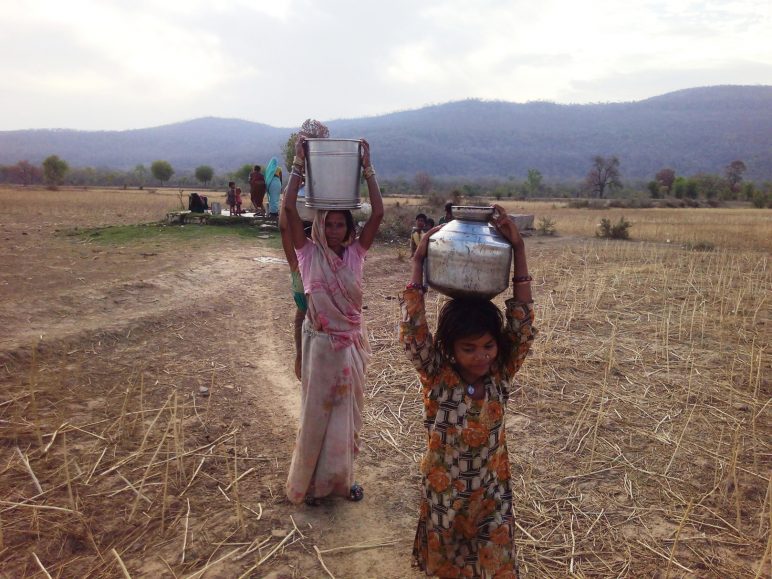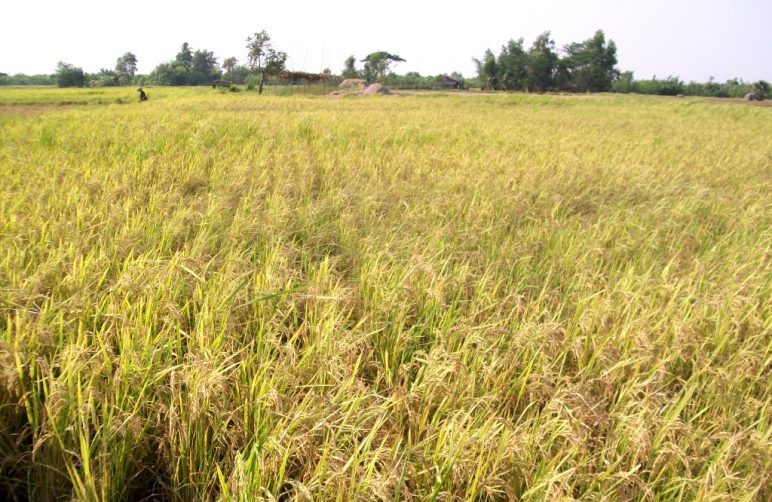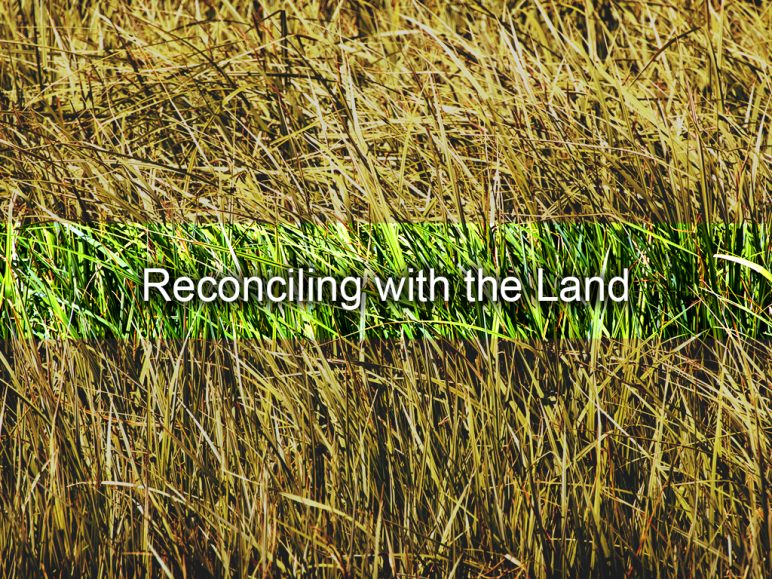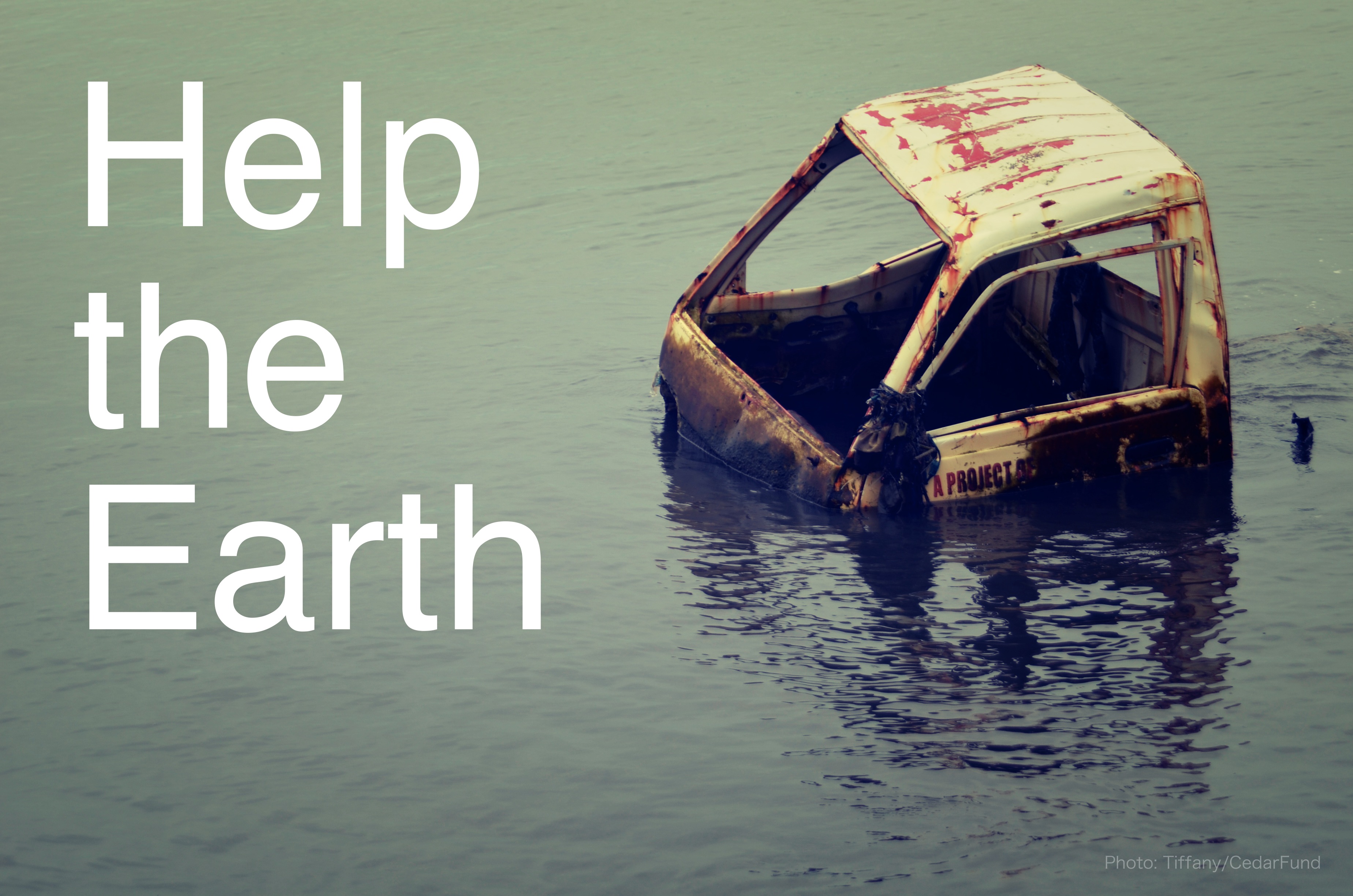Lent refers to the 40 days period (excluding Sundays) preceding Easter, during which Christians would involve in practical exercises such as praying, fasting, penance, abstinence, almsgiving, and practising self-denial to reflect and adapt a sacrificial, minimalistic, and caring lifestyle.
In the past few years, CEDAR has promoted the same idea of simplistic-living through different events and articles, encouraging brothers and sisters to live our lives on the foundation of Christ’s salvation and rebuild our relationships with God, with ourselves, with each other, and with the environment.
We will continue the practice this year and focus on the mission to reconcile with the land. We are going to reflect on our commitment in “liberating the creation from its bondage to decay and bringing it into the freedom and glory of the children of God” (Romans 8:21) through a 6-week ePrayer series, featuring CEDAR and its partners’ work examples.
Continue reading Week 1: Why Should We Reconcile with the Land?





